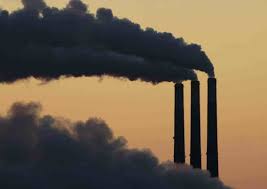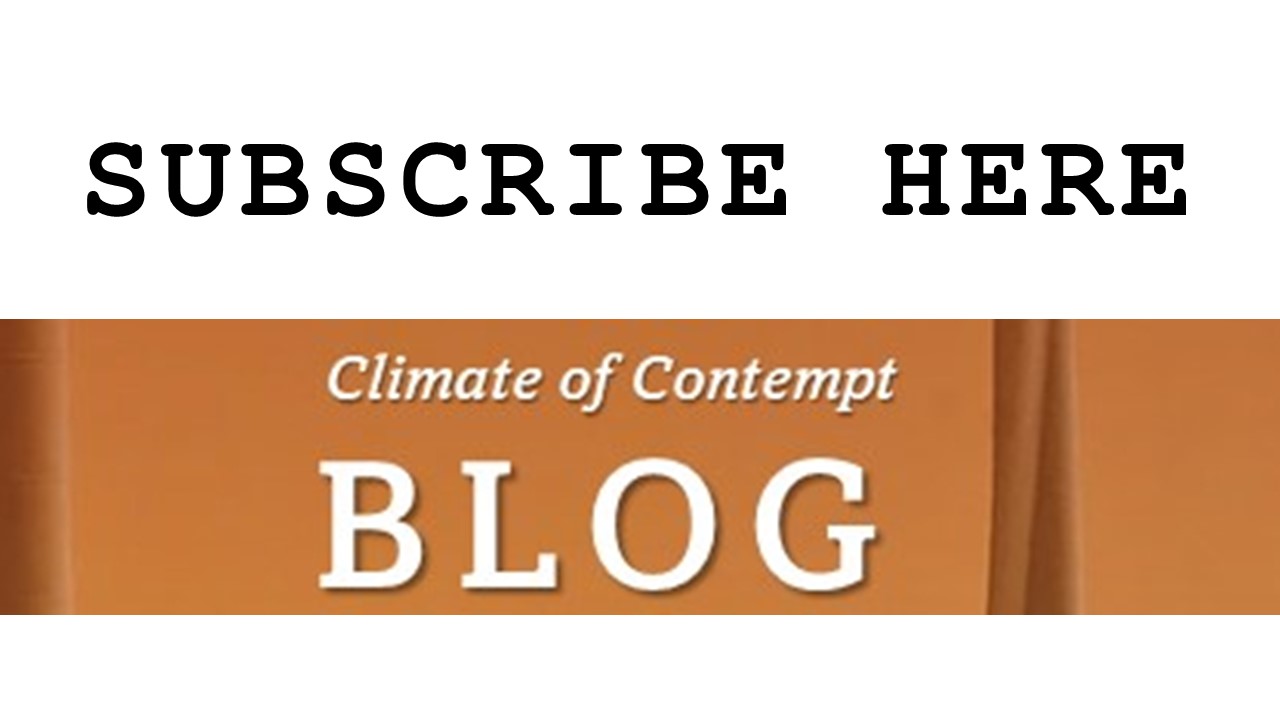The Trump Administration has given people who care about the environment a lot to be alarmed about. The president has (i) used mass firings at the EPA and DOE to hobble those agencies’ ability to execute laws that promote clean energy, (ii) refused to enforce those laws, and (iii) breached contracts to fund clean energy projects. And the Trump EPA is about to reverse that agency’s 2009 finding that greenhouse gas emissions endanger public health and welfare. It is difficult to know which is worse, the assault on the environment or the assault on the rule of law.
So it is ironic that when political “news” tries to sound these alarms, it makes our politics worse. I summarize the research explaining why that is in Part II of my book, but the short version is that: (a) those who want to alarm us usually mislead us (often unintentionally) in important ways, and (b) we have anyway become immune to alarm in the post-truth, Internet age. As a consequence, cynicism and ignorance crowding out wisdom.
Alarming news is everywhere. The chances are that your favorite political podcasts and ideological news sources promise you schadenfreude, and that someone on “our side” has “DESTROYED!” or “BRUTALIZED!” or “SAVAGED!” someone on the “other side.” (See e.g., here, here, here, here, and here.) But these sorts of stories are so ubiquitous that they each lose their power to alarm. We can call this “shaken voter syndrome.”[1]
The “misleading us” part of the story happens in subtler ways, often in more traditional news reporting — something one writer described as “sanding the inconvenient edges off of the facts.” For example, a few months ago a reporter called me with questions about how a Trump EPA decision that seems almost inconsequential given recent events: the agency’s repeal of the Biden power plant rule. The reporter wanted to know how the repeal will affect coal fired power plants.
For context, had it survived judicial review the Biden rule would have (i) required those plants to capture and sequester some of their carbon emissions, and (ii) hastened the retirement of existing coal fired plants and bent the future trajectory of carbon emissions downward, all else equal. But, for reasons already explained in this space, the Biden rule was legally vulnerable even if it hadn’t been repealed. And because coal continues to face price competition from cheaper, cleaner options (renewables and natural gas), the repeal of the Biden power plant rule might not have made a big difference to coal’s future. Similarly, the future of natural gas-fired power is probably influenced far more by other market and policy forces that by the existence or non-existence of the Biden power plant rule. That context, I argued, would aid reader understanding.(For more explanation, see here, here, and here.)
But none of those ideas found their way into the story. Instead, under the headline “Revoking EPA climate rule could trigger carbon boom,” the story (behind a paywall) emphasized how the rule could extend a “lifeline to coal” and “sink renewable energy.” I don’t know why the two authors of this study emphasized what they emphasized and omitted what they omitted. But their framing is consistent with the goal of raising an alarm. That intent, and the omission of complexity, has been a nagging feature of climate reporting for a decade or more.
On the one hand, it is understandable. The best evidence suggests that if we invest $X in reducing greenhouse gas emissions today we will avoid harm costing many multiples of $X for our children and their children. But alarming readers is also good business, because it generates clicks and revenue in today’s hyper-competitive media landscape. The comedian and actor Nick Offerman gets to the heart of the matter in this clip:
In our world right now there is a lot of divisive rhetoric. A lot of our information streams make money off of turning us against each other … [telling you that] whatever you think, you should be shaking your fist at some other people who don’t think that. And you should sign up to our channel to learn more about who you should be shaking your fist at. The way through that is through familial affection and community …
I am amazed at the way artists can say in less than 2 minutes what took me three book chapters to explain. Well said Nick.
But the kicker is that Offerman’s prescription can only be implemented by readers and voters, not writers or politicians. Writers and publications that don’t get clicks don’t last very long — in the same way that elected politicians who refuse to pander to their party’s most intense partisans will be replaced by politicians who will.
This is why and how the Internet acts as a massive propaganda machine. It turns human nature against learning. It leverages our emotions for partisan (and commercial) ends. If we can’t figure out how to extricate ourselves from that miasma toxic soup of anger and ignorance, our democracy will continue its decline. As Offerman notes, focusing on villains to blame is a distraction. We have to find a way to become kind learners again, to reject the “news” that fires off endorphins in our brains, and to look for the complexity and context that is being hidden from us. — David Spence
———-
[1] Credit for this term goes to Washington DC climate writer Michael Svoboda. He coined the term “shaken voter syndrome” in conversation with me. I think captures how the modern information environment has weakened or killed the diminished effects of alarming news as a driver of political behavior.




